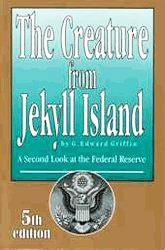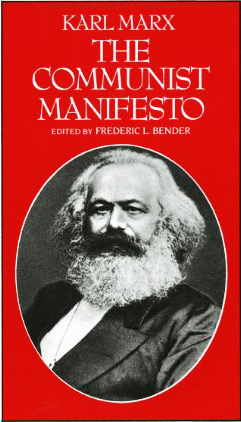1) The Creature From Jekyll Island by G. Edward Griffin. (1998). American Media.
An important work that explains many of our problems today — a central bank is not such a great invention after all. G. Edward Griffin explains how the Federal Reserve, our central bank, which is the most important central bank in the world, was created back in 1913 and how it’s led now to unprecedented inflation and will result in the destruction of the economies of the U. S. and the world.
Interview with G. Edward Griffin, author, "The Creature from Jekyll Island"by Robert Breedlove, "What is Money?" series, YouTube
2) The Communist Manifesto by Karl Marx and Friedrich Engels. (1848).
The book that has caused so much misery in the world, especially in Russia and China, and is responsible for the political philosophy that resulted in the deaths of about 61million by Stalin in the Soviet Union, 76 million in China under Mao Zedong, and 20 million under Hitler (Fascists being basically the same as Communists). A total of about 157 million people were killed, making the 20th Century the bloodiest century ever. (These are only estimates and are probably too low.)
Source: DEATH BY GOVERNMENT By R.J. Rummel, University of Hawaii
Victims of Communism Memorial Foundation

(See more escapes on Listverse.com)
Video: See how a North Korean soldier makes a daring escape to the South
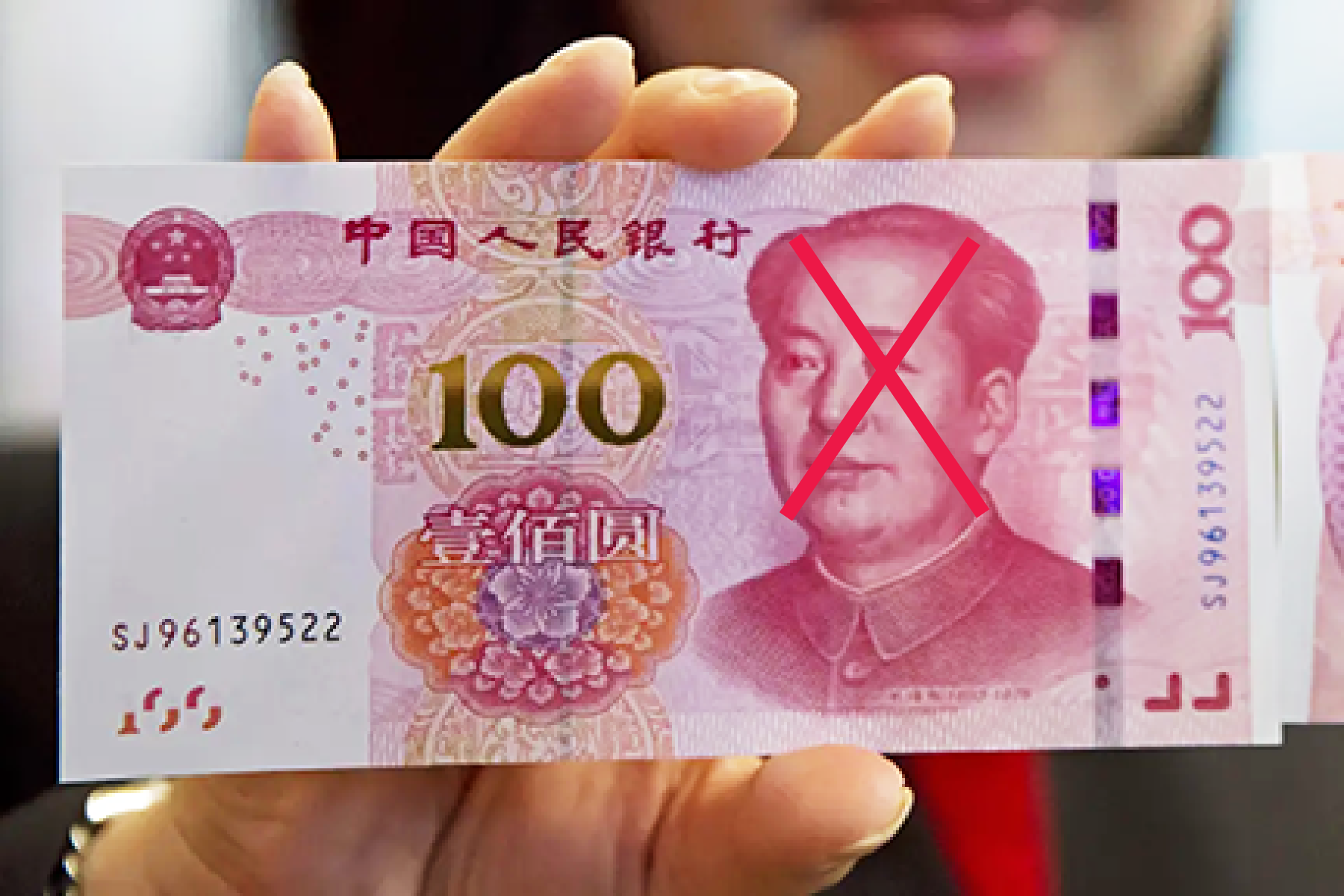
3) The Gulag Archipelago by Aleksandr Solzhenitsyn. (1974). Harvill/Harper Collins.
We were shocked at how many ways Solzhenitsyn mentions that the Soviets devised to torture someone — probably at least 100 different ways are mentioned in this book, including a slow grinding of the private parts of male prisoners with a guard’s jackboot, and making you stand for days, forcing you to sleep while standing up. The Soviet Union was a nation where you could be arrested for absolutely nothing and sent to the Gulag or Siberia for ten years or longer, or be taken to the basement of Lubyanka prison in Moscow, never to been seen again. It was a society where neighbor ratted out neighbor and even children turned in their parents. This book is a stunning work of literature that shows exactly how sick and depraved the Soviets were in the 1917 to 1956 period. Solzhenitsyn uses sarcasm (“!”) and dark humor better than any other writer. Even he was shocked at how brutal, inhumane, sadistic, and paranoid his fellow Soviets were.

4) Covid 19: The Great Reset by Klaus Schwab & Thierry Malleret. (2020). ISBN Agentir Schwiez.
Klaus Schwab: "You will own nothing, and be happy."

More Quotes from Klaus Schwab
5) Hitler: A Biography by Ian Kershaw. (2010). Flammarion.
Movie: "Triumph of the Will" (1935) – directed by Leni Riefenstahl.
The Man in the High Castle – (series) – (2015-2019). starring Alexa Davlos, Rufus Sewell, and Cary-Hiroyuki Tagawa. – What if Nazi Germany and Imperial Japan had won World War II? ![]() A Review of This Series.
A Review of This Series.
6) Stalin: A Biography by Robert Service. (2010). Pan Books.

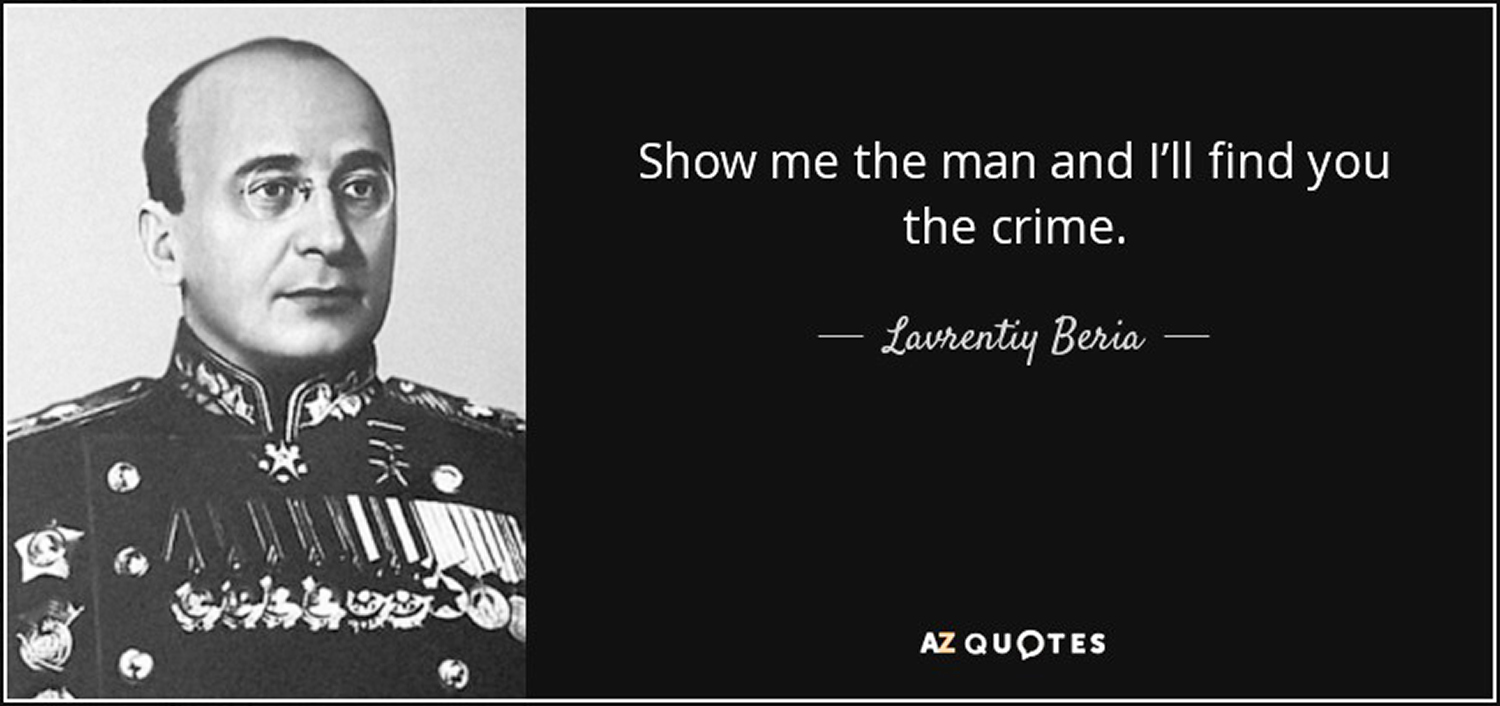

7) Young Stalin by Simon Sebag Montefiore. (2007). Knopf.
8) Capitalism and Freedom by Milton Friedman. (1982). University of Chicago Press.
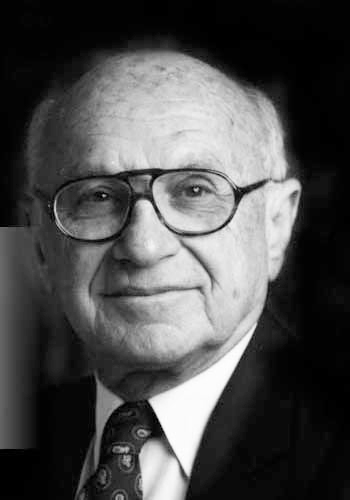
"The Great Depression, like most other periods of severe unemployment, was produced by government mismanagement rather than by any inherent instability of the private economy." — Milton Friedman.
"Free to Choose" Video Series – with Milton Friedman (1980) – on YouTube
🔴 Video: Economist Milton Friedman Tells Us Which Departments of the Federal Government We Should Get Rid Of
9) The Road To Serfdom by F. A. Hayek. (1994). University of Chicago Press.
Socialism would be wonderful if the word meant “socializing with your friends over a cup of coffee or a beer," [thank you Mike Lindell for this quote], but history proves that socialism has been a huge disaster, resulting in the slaughter and misery of millions. F. A. Hayek explains why socialism is bad and why capitalism (not crony capitalism) and freedom is vastly superior.
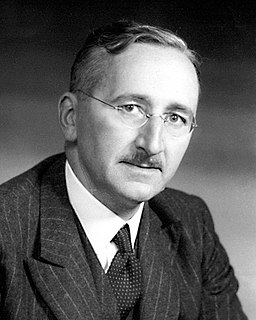
10) Capitalism: The Unknown Ideal by Ayn Rand. (1986). Signet.
Ayn Rand discusses the difference between capitalism and collectivism in this book. “Collectivism” is a term that Ayn Rand used extensively in her work. It means “socialism.” Socialism means, “the government pretends to pay you, and you pretend to work.” Rand was a believer in free market capitalism (not crony capitalism or state capitalism), and warned of the dangers of the government and private actors (the non-producers) destroying production and the producers, who were the ones creating the businesses and enterprises that produce all of the jobs and goods that we need and take for granted.

Video: Robert Breedlove – The World's Best Speech on Money – (from Atlas Shrugged by Ayn Rand)
11) Economics in One Lesson by Henry Hazlitt. (1988). Currency/Crown Publishing Group.
Hazlitt was a libertarian philosopher and free market economist. He was a member of the Austrian School of economics. He warned us of the dangers of government intervention.
12) When Money Dies: The Nightmare of Deficit Spending, Devaluation, and Hyperinflation in Weimar Germany by Adam Fergusson. (2010). Old Street Publishing.
“…the only thing to do with cash by that time [in July, 1922, the inflation rate was 700%] was to turn it into something else as quickly as possible. To save was folly. Undoubtedly, however, as in Austria, there were many farmers who behaved outrageously. Dr. Schact’s account of the inflationary years recalled that farmers ‘used their paper marks to purchase many useless things as well. That was the period in which grand and upright pianos were to be found in the most unmusical households.’ Anyone who was alive to the realities of inflation, he said, could safeguard himself against losses in paper currency by buying assets which would maintain their value: houses, real estate, manufactured goods, raw materials, and so forth.”
Video: Lessons From Weimar Germany On Surviving Hyperinflation - YouTube Video from Financially Aware
13) The Secret Diaries of Hitler's Doctor by David Irving. (1983). Macmillan Publishing Company.
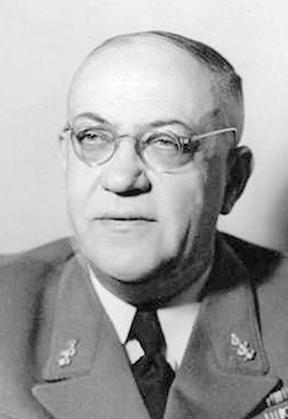
Dr. Theo Morell (above) was Hitler’s personal physician before and during World War II. He was basically a quack, but made a huge contribution to the world (and to us) by keeping detailed, accurate records of the snake oil nostrums, dietary prescriptions, and dangerous drugs that he prescribed to Hitler. Did these treatments contribute to Hitler’s genocidal impulses? Hitler had cholecystitis, a chronic inflammation of the gall bladder ducts, and was a vegetarian. (Hitler once bragged to a couple of schoolgirls that he ate 1 kilogram (2.2 lbs.) of chocolate a day!) Did his physical health influence his mental health? Did his gut microbiome dysbiosis affect his behavior? What causes this kind of evil? This is what we want to know.
Video: "High Hitler"
14) The Great Depression – A Diary by Benjamin Roth. (2009). Public Affairs.
Benjamin Roth was an attorney practicing in Youngstown, Ohio, during the Great Depression (1929 to approximately 1940). He kept a diary with many financial observations about the Depression period. He was initially impressed by Franklin Delano Roosevelt’s New Deal program, but soon realized that too much government intervention was extremely bad for the economy and for our freedoms. (The Supreme Court ruled that many of FDR’s New Deal programs were unconstitutional.) His diary is a fascinating look back at the U.S., and a warning for the future, during the decade-long hardships that the people of the U.S. and the world endured. Roth had the same fascination with the stock market and with inflation that we have today. He didn’t like the government’s reliance on inflating the currency instead of increasing taxes, which the government knew would hurt the recovery and would antagonize voters. (There is truly nothing new under the sun.)
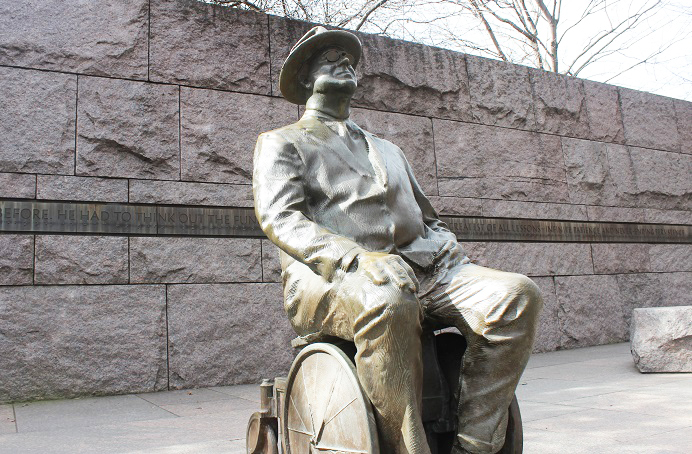
15) Forgotten Depression: 1921, The Crash That Cured Itself by James Grant (2014). Simon & Schuster.
Read how there was a really bad recession in 1921 before the Roaring Twenties that was as bad or worse than the recession that started the Great Depression, but cured itself in about 18 months because the Federal government did nothing except reduce spending (!).
16) Rules For Radicals by Saul Alinsky. (1972). Vintage.
A must-read for anyone who wants to understand the progressive movement.
17) The General Theory of Employment, Interest, and Money by John Maynard Keynes. (1965). Harcourt, Brace and Co.
Another book that has caused much misery and confusion and will cause much hardship in the future. Keynes theorized that the government could prop up the economy by stimulating it with printed money during bad times and withdrawing the stimulus during good times. The governments of the world, who are populated with Keynesian economists and Ph.D's, now think that it's good to keep stimulating the economy no matter what.
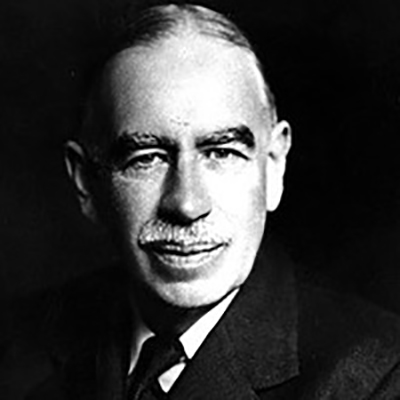
18) Inside the Third Reich by Albert Speer. (1997). Simon and Schuster.
Albert Speer was an architect and a close associate of Adolf Hitler, who loved art and architecture. Speer was also the Minister of Armaments and War Production in Nazi Germany. He was sentenced to 20 years in prison at Nuremberg.
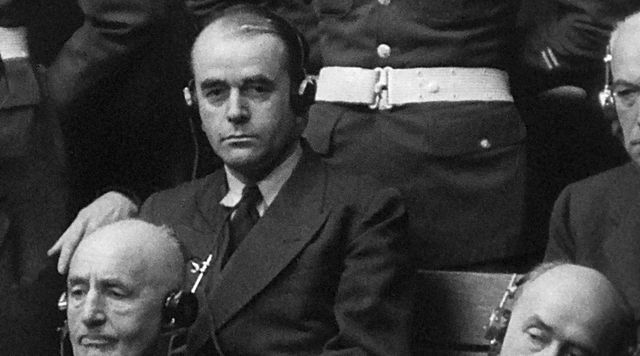
19) Strategic Relocation by Joel Skouren. (2020). Fourth Edition — which states and countries are safer than others to move to, how to prepare for World War III or an economic reset, etc.
20) End the Fed by Ron Paul, former Congressman from Texas. (2009). Grand Central Publishing. – see our Economy webpage for more information on the Fed.
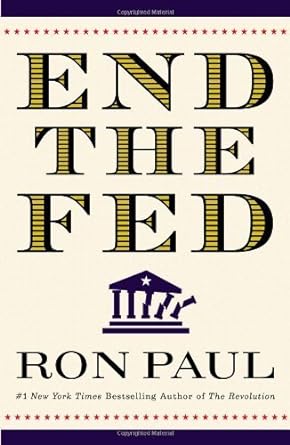
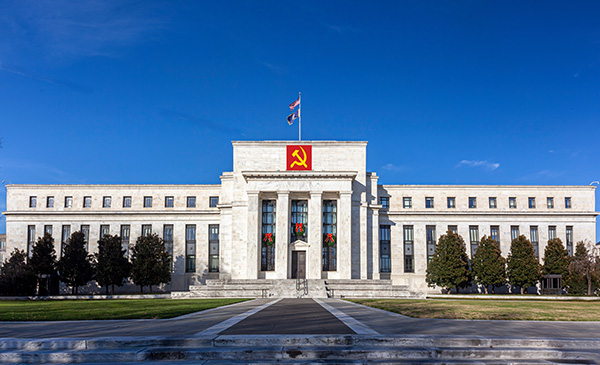
“Centralization of credit in the hands of the State, by means of a national bank with State capital and an exclusive monopoly." – One of the tenets of communism according to Karl Marx and Friedrich Engels in “The Communist Manifesto (page 70).”
The massive money-printing by the Fed causes huge distortions and mal-investments in the economy. It results in a staggering increase in income inequality as the economy becomes more and more financialized, which mainly benefits the upper 1%.
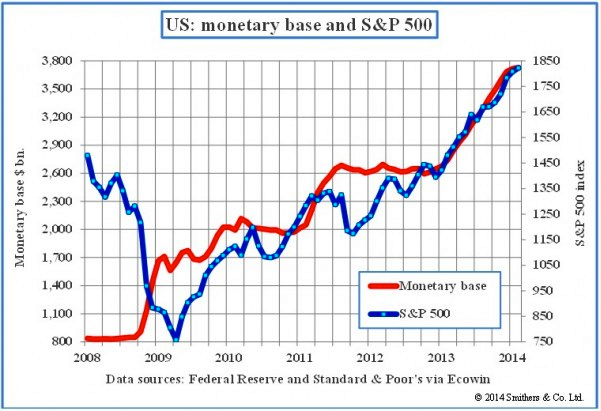
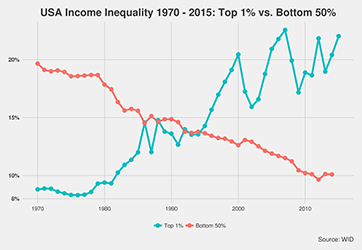
☞ Worldcat.org - this website allows you to search for the books in the list above at your local library, no matter where your local library is in the world.
Skyhorse Publishing – Tony Lyons is president of this brave publishing company that publishes books across the political spectrum, including this one:
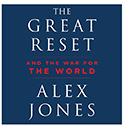
Please send us suggestions of books that you recommend to our audience. Thank you.
Other Books We Love
1) Kenneth P. O'Donnell: "Johnny, We Hardly Knew Ye"– (1972). Little, Brown Publishing Co. – a biography of president John F. Kennedy by some of his closest friends and associates.
2) David Stockman: "The Great Deformation"– (2014). Public Affairs. – a great explanation of what has happened to the US economy since Reagan (David Stockman was Reagan's Office of Management and Budget director)
"Those who do not remember the past are condemned to repeat it." — George Santayana, Spanish philosopher
DEFINITIONS — Socialism, Communism, Fascism, Totalitarianism, Capitalism — from Merriam-Webster's online dictionary
Socialism =
1: any of various economic and political theories advocating collective or governmental ownership and administration of the means of production and distribution of goods.
2a: a system of society or group living in which there is no private property.
b: a system or condition of society in which the means of production are owned and controlled by the state.
3: a stage of society in Marxist theory transitional between capitalism and communism and distinguished by unequal distribution of goods and pay according to work done.
Fabian =
1: of, relating to, or in the manner of the Roman general Quintus Fabius Maximus known for his defeat of Hannibal in the Second Punic War by the avoidance of decisive contest.
2 [the Fabian Society; from the members' belief in slow rather than revolutionary change in government] : of, relating to, or being a society of socialists organized in England in 1884 to spread socialist principles gradually.
Communism =
1a: a system in which goods are owned in common and are available to all as needed. ["To each according to his needs, from each according to his abilities."]
b: a theory advocating elimination of private property.
2 [capitalized] a: a doctrine based on revolutionary Marxian socialism and Marxism-Leninism that was the official ideology of the Soviet Union.
b: a totalitarian system of government in which a single authoritarian party controls state-owned means of production.
c: a final stage of society in Marxist theory in which the state has withered away and economic goods are distributed equitably.
d: communist systems collectively.
Fascism =
1 [often capitalized] : a political philosophy, movement, or regime (such as that of the Fascisti) that exalts nation and often race above the individual and that stands for a centralized autocratic government headed by a dictatorial leader, severe economic and social regimentation, and forcible suppression of opposition.
2: a tendency toward or actual exercise of strong autocratic or dictatorial control// early instances of army fascism and brutality — J. W. Aldridge.
Totalitarianism =
1: centralized control by an autocratic authority.
2: the political concept that the citizen should be totally subject to an absolute state authority.
Capitalism =
an economic system characterized by private or corporate ownership of capital goods, by investments that are determined by private decision, and by prices, production, and the distribution of goods that are determined mainly by competition in a free market.
State capitalism =
not true capitalism. A combination of a powerful central government with large corporations, in other words, fascism. Benito Mussolini, who created the word “fascism,” defined the word as “the merging of the state and the corporation.” Another word for this is “corporatism” or “crony capitalism.”
Free market capitalism =
true capitalism. What the U.S. had from about 1870 to 1913, the year the Federal Reserve Bank was created by Congress and the banking cartel. Free market capitalism requires a small central government that doesn’t intervene in the market. It also requires a gold standard and a free banking system, where there is no central bank (i.e., there is no currency monopoly); where local or state banks issue their own currency backed by gold, usually at a 20%-40% fractional reserve ratio, because the banks don’t need 100% coverage of the currency, which were essentially gold warehouse receipts. (See the picture below of the currency that a bank in Dubuque, Iowa printed between 1863 and 1935.) Banks would usually honor other banks’ currencies because they were familiar with that bank and had had a relationship with that bank in the past based on mutual trust. The period from 1870, or right after the Civil War, to 1913 led to a flourishing economy with the good kind of deflation, where prices go down as producers became more efficient at producing goods, and everyone’s standard of living increases. This period is when many iconic companies were started, such as the Santa Fe Railroad, RCA (Radio Corporation of America), Ford, and hundreds of other automobile companies during this Golden Age of Automobiles (see below for some automobiles created during this time). This was also when companies, such as Standard Oil, became dominant as the age of petroleum began. Entrepreneurs like Andrew Carnegie became so wealthy that they were able to donate tens of millions of dollars to fund libraries across the U.S. Charities like the Red Cross (founded 1881) and Salvation Army (1865) were created during this period to take care of the indigent. (This was before welfare, food stamps, Section 8 housing allowances, Social Security, Medicare, Medicaid, etc.)


